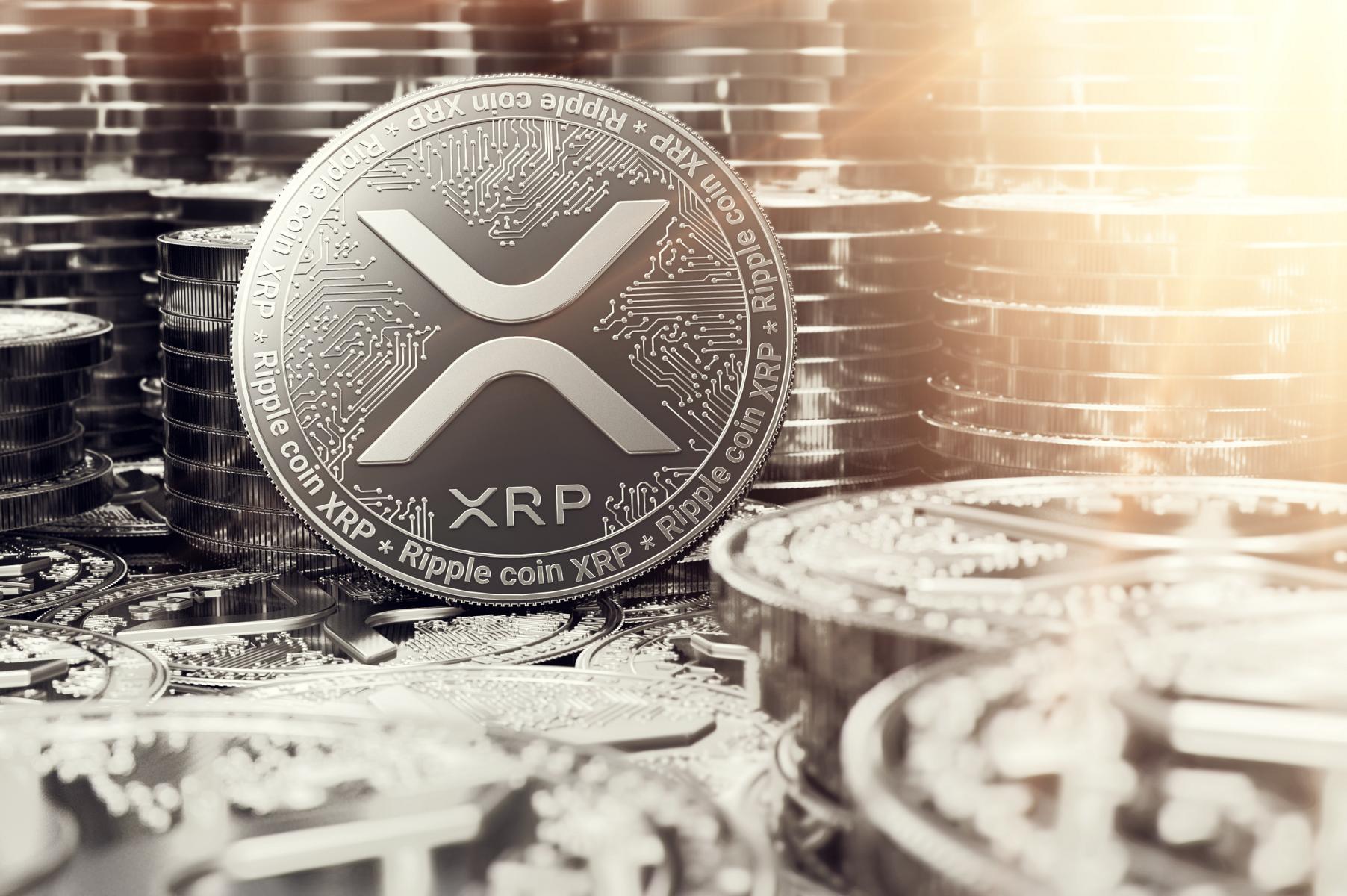
- The SEC has filed its final rebuttal against Ripple’s request to seal financial documents.
- The SEC argues that the financial details are crucial for determining penalties, while Ripple claims disclosure could harm its competitive position.
The legal confrontation between Ripple Labs and the US Securities and Exchange Commission (SEC) has reached a pivotal moment. On May 20, 2024, the SEC filed a comprehensive rebuttal to Ripple’s request to seal certain financial documents. This marks the final submission before Judge Analisa Torres of the Southern District of New York deliberates on the remedies phase of this high-stakes case.
SEC’s Argument for Transparency
The SEC’s filing staunchly opposes Ripple’s motion to conceal key financial data and contractual terms critical to the Court’s evaluation of appropriate remedies. The SEC emphasizes the principle of public access to judicial documents, underscoring its importance in maintaining legal transparency and accountability. Citing the precedent set in Lugosch v. Pyramid Co. of Onondaga, the SEC stresses, “The common law right of public access to judicial documents is firmly rooted in our nation’s history.”
While the SEC consents to sealing five exhibits, it contests Ripple’s request to “conceal financial and securities sales information” from the public is unlawful and that the material in question, such as financial figures and other details are essential to requested remedies.
These details are vital for assessing Ripple’s compliance and determining potential penalties. The SEC argues,
“Ripple invites the public to form opinions about the merits of the SEC’s positions. It cannot simultaneously hide from them the evidence on which that position is based.”
Ripple’s Justification and SEC’s Counterarguments
Ripple argues that public disclosure of sensitive financial details could harm its competitive position in the market. However, the SEC highlights inconsistencies in Ripple’s argument regarding the relevance and sensitivity of the information. The SEC asserts that once an item is deemed relevant to exercising judicial power, the presumption of public access must be given considerable weight.
The SEC also challenges the claim that the sealed information is irrelevant by pointing out its importance in the judicial process. Moreover, the SEC notes that some of the information Ripple wishes to seal is outdated, arguing that financial details from years past are unlikely to significantly impact Ripple’s current business operations.
The Stakes and Potential Outcomes
The lawsuit, initiated by the SEC in December 2020, centers on allegations that Ripple conducted unregistered security. In a significant development in July 2023, Judge Analisa Torres ruled that while XRP itself is not a security, institutional sales of XRP constituted investment contracts.
As the case approaches its resolution, the stakes are high. The SEC is seeking up to $2 billion in fines, whereas Ripple argues that any fines should not exceed $10 million, describing the SEC’s demands as “draconian.” The upcoming judgment by Judge Torres on the remedies will be crucial in determining the future of Ripple and its XRP token. Despite the legal uncertainties, XRP has shown resilience in the market. As of now, XRP is trading above $0.54, reflecting a 1.1% decline on the day.
